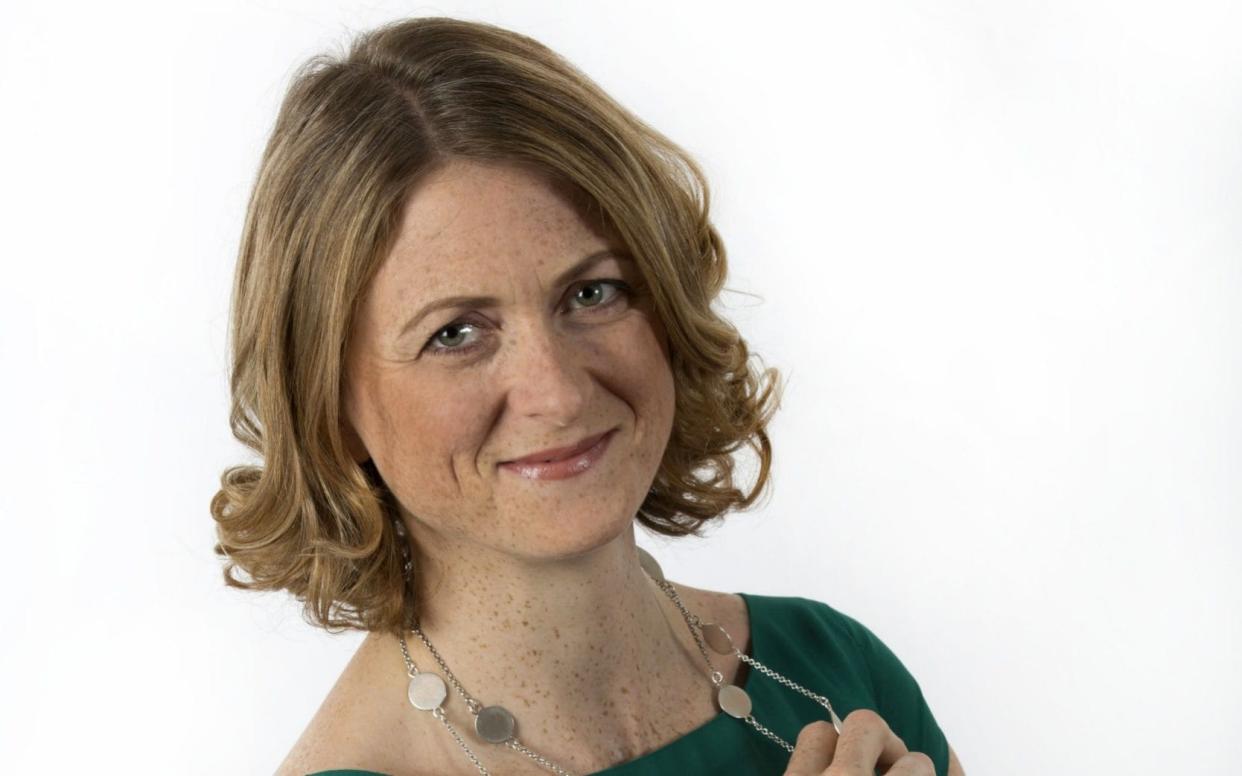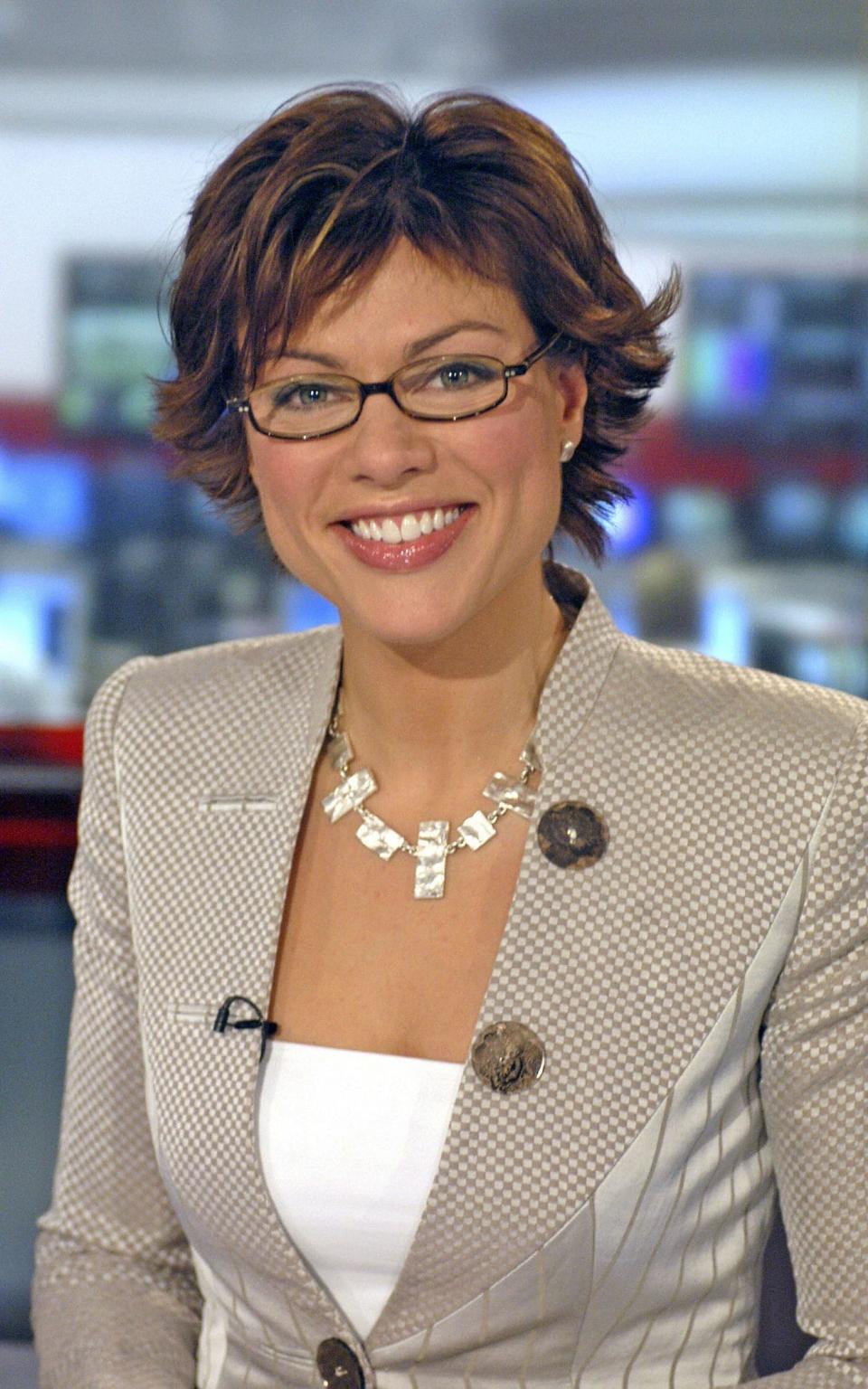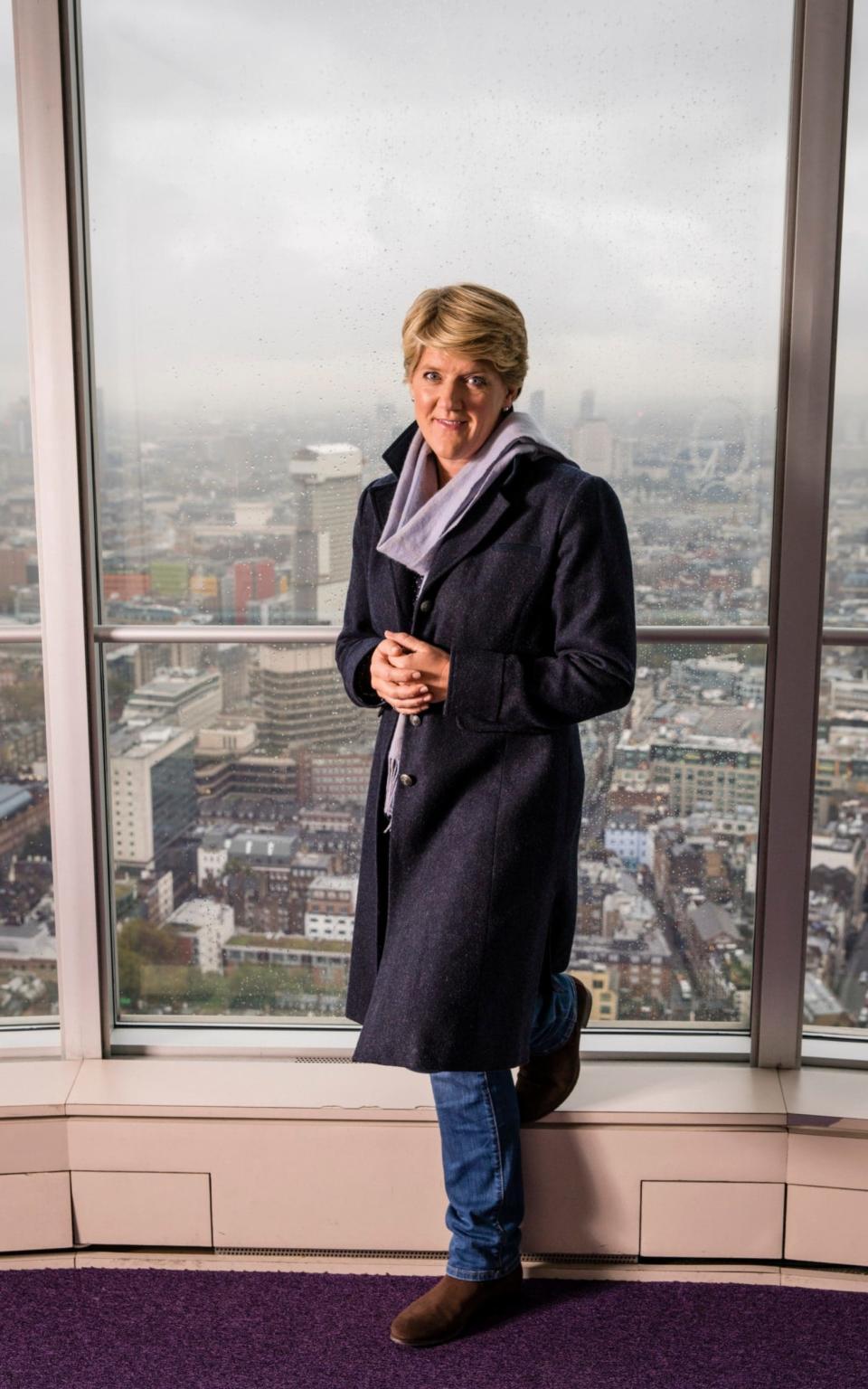Revolt of the BBC women as stars pen letter demanding equal pay

Many of the most famous female BBC stars are in open revolt against their bosses after issuing a public challenge to the corporation to “act now” to close the gender pay gap.
In an unprecedented show of anger, more than 40 high-profile women, including Clare Balding, Sue Barker, Emily Maitlis, Sarah Montague and Mishal Husain, demanded that Lord Hall of Birkenhead, the BBC director-general, “do the right thing” to stamp out its tradition of paying women vastly smaller salaries compared with those of their male counterparts.
In a move that will prove hugely embarrassing for the BBC, the women also insisted that thousands of rank and file staff – from producers, engineers and support workers, at both regional and national level – should have their pay reviewed to see how endemic the culture of bias towards men really is.

The open letter, also signed by Kirsty Wark, Elaine Paige, Samira Ahmed, Victoria Derbyshire and Angela Rippon, rounded on previous BBC bosses, claiming that the disparity between pay for men and women had been known about “for years”.
The letter demands: “You have said that you will ‘sort’ the gender pay gap by 2020, but the BBC has known about the pay disparity for years. We all want to go on the record to call upon you to act now.”
Inviting Lord Hall to meet a newly-created working group of female staff, it adds: “This is an opportunity for those of us with strong and loud voices to use them on behalf of all, and for an organisation that had to be pushed into transparency to do the right thing.”

The clamour for a united response by female staff had been mounting since the list of top earners’ pay was published on Wednesday.
Increasing numbers of female broadcasters backed calls for either a wage cut for men or a salary increase for women.
The comments have fuelled expectation that female staff could launch a class action against the BBC, claiming it is breaking employment law.
Writing in today’s Telegraph, Libby Purves, a former BBC Radio 4 Today programme presenter, said she feared that some managers at the corporation were salving their conscience about their own high pay by awarding celebrities even higher salaries.

Of the seven highest-earning women named in the BBC’s annual report, only three – Sue Barker, Alex Jones and Fiona Bruce – put their names to the letter.
Earlier, Jane Garvey, the Woman’s Hour presenter, warned that the “sisterhood [is] in full flow”.
The letter has dashed BBC executives’ hopes of drawing a line under the issue.
Garvey told the Telegraph she had spent much of Saturday talking to her fellow broadcasters.
“I spent 95 per cent of the day on the phone, apart from the 5 per cent when I was in Tesco,” she said.
“We don’t all know each other – most of these women I’ve never spoken to before in my life.”
Garvey added that some stars had been uncontactable over the weekend.

“Just because a name doesn’t appear on this list, it doesn’t mean we don’t have their support. We hope that other women who weren’t able to put their name to the letter will tweet the hell out of it.”
The women will now form a working group, meeting regularly to discuss ways to maintain pressure on Lord Hall over the issue.
Women account for just a third of the BBC’s biggest earners, with only one woman in the top nine – Winkleman the Strictly Come Dancing presenter, who earns between £450,000 and £499,000.
A BBC spokesman said: "We have made significant changes over the last three years but need to do more. Tony Hall has pledged the BBC will go further faster.
"Across the BBC, the average pay of men is 10 per cent higher than women. The national average is 18 per cent.
"We are committing to closing it by 2020 - something no other organisation has committed to doing.
"The BBC's workforce has been hired over generations and this is complex and cannot be done overnight.
"We are, however, confident that when these figures are published again next year they will show significant progress towards that goal.
"Tony Hall meets staff all the time and will of course meet individuals to hear their thoughts as we work to accelerate change."

 Yahoo News
Yahoo News 
